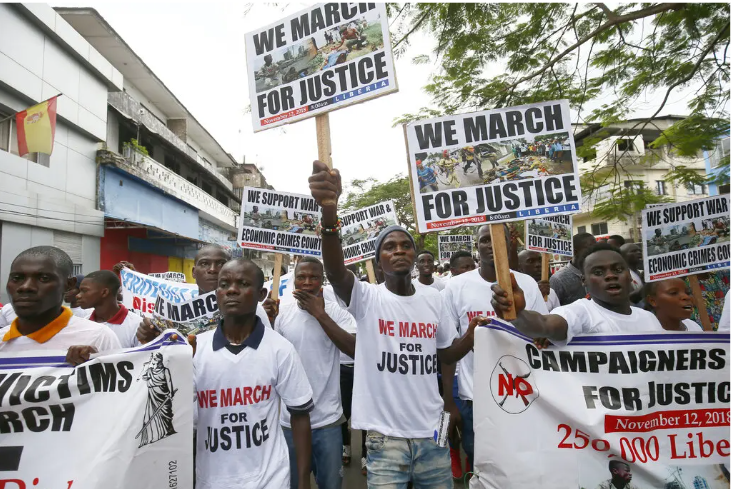Nigeria has nearly 23,000 missing persons, according to the International Committee of the Red Cross (ICRC). The figure is the highest in Africa. Specifically, ICRC holds that Nigeria, Ethiopia, South Sudan, Somalia, Libya, the Democratic Republic of Congo, and Cameroon make up 82 per cent of its missing caseload in Africa. Also, most of Nigeria’s missing persons have been attributed to the violent conflict over a decade in the northeast, which has displaced more than 2.7 million people. Several families in northeast Nigeria and the Broader Lake Chad Basin (LCB) have kith and kin they do not know their whereabouts.
Beyond the northeast conflict, other factors drive the trend of missing persons in Nigeria. Kidnapping for ransom, organ harvesting and ritual purposes pose significant contributions to the trend of missing persons. In 2010, Egypt was named by the World Health Organisation (WHO) as one of the world’s top five countries notorious for illegal organ trade. India, Morocco and Libya have also been indicted for harvesting Nigerians’ organs, named ‘life givers’. Recall that the Federal Government of Nigeria has, on several occasions, facilitated the return of hundreds of Nigerian citizens who are either victims of human trafficking or engaging in illegal migration. Furthermore, some Nigerian-based medical practitioners hold that organ harvesting stems from a lack of regulations that creates a space for a black market in organ donation, harvesting and transplantation. The organ harvesting value chain has gained from these related challenges within the African turf. As of 2019, the National Agency for the Prohibition of Trafficking in Persons (NAPTIP) has arrested 5,923 suspected human traffickers and rescued 13,950 victims in the last 15 years.
Furthermore, Nigeria has a data problem, which affects its capacity to track the whereabouts of its citizens. Already, porous borders and other structural deficiencies also pose various problems. However, lack of data affects planning and responding to issues such as human trafficking, missing persons, illegal migration and organ harvesting. In June 2020, the National Identity Management Commission (NIMC) held that 100 million Nigerians had no identity. According to the report, this figure significantly represents the poorest and most vulnerable groups, such as marginalised women and girls, the less-educated, refugees, migrants, asylum seekers, stateless persons, people with disabilities and people living in rural areas and conflict zones. NIMC has managed to ensure that millions of Nigerians are captured in its database.
Given the interconnectedness of unavailable population statistics, the trend of missing persons and organ harvesting, the government needs to deploy some strategic measures. First, NIMC should intensify its existing policies aimed at registering all Nigerians. This will help capture most Nigerians in the database. In The Unfought SOC in Nigeria, Nextier argues that the lack of identification of persons in Nigeria has a massive security dimension. It can tremendously constrain securitisation and combative missions as security agents may not have reliable information about criminal suspects or targets. Also, the Nigerian Immigration Service (NIS) have an essential role in checking and registering the influx of persons in and out of the country. The government must holistically examine the problem of identity management, as it will affect missing persons’ cases, policy planning, crime responses, monitoring and prevention.
Second, the Nigerian government should collaborate with other countries to fight the scourge of illicit organ harvesting. Many international conventions, such as the Istanbul Declaration, prohibit the unethical trade in human organs. Nigeria should liaise with other countries to ensure that international syndicates perpetuating the crime are quickly tracked and prosecuted. Furthermore, several people are involved in the planning and execution of organ harvesting and human trafficking. Hence, there is a need for effective intelligence-gathering skills to infiltrate the planning process to bring the perpetrators to book. This action will serve as a deterrent to others. Nigeria’s missing persons’ trend and the growing fears of organ harvesting is a call to action.



